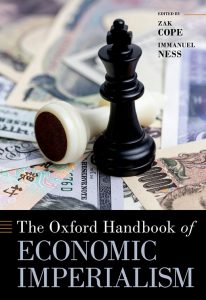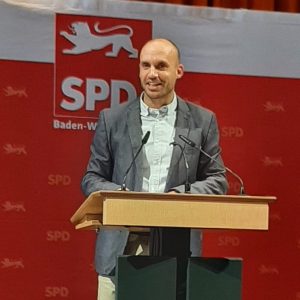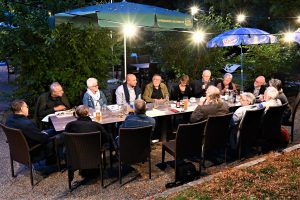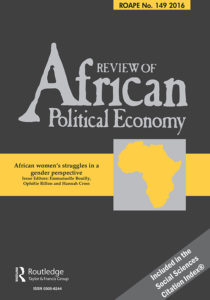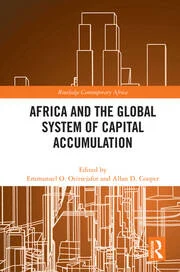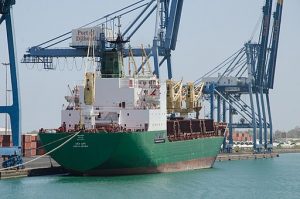New article out in the Journal of Modern African Studies
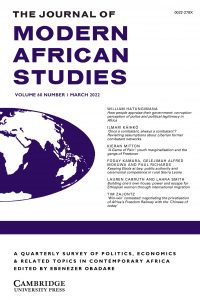
Abstract
As infrastructure development has become a key ingredient in Africa–China relations, the role of African governments in co-determining the design, funding and governance of the continent’s infrastructures has come under close scrutiny. This article sheds light on the rehabilitation of a symbol of Sino–African friendship: the Tanzania–Zambia Railway Authority (TAZARA). Employing Jessop’s strategic-relational approach, it is shown that the strategies of the shareholding governments in the negotiations with a Chinese consortium were informed by strategic learning from previous railway privatisations, corresponding cost–benefit analyses and reflection about Chinese commercial interests. Zambia’s indebtedness and Tanzania’s autocratic developmental state under President Magufuli formed crucial elements of the structural context in which the fate of Africa’s Freedom Railway was negotiated. The article transcends both crudely structuralist accounts of a supposedly all-powerful China and voluntarist conceptions of African agency that are void of structure. Assessing (African) agency requires analytical sensitivity towards the dialectical interaction between specific strategic capacities and strategically selective political–economic contexts.


